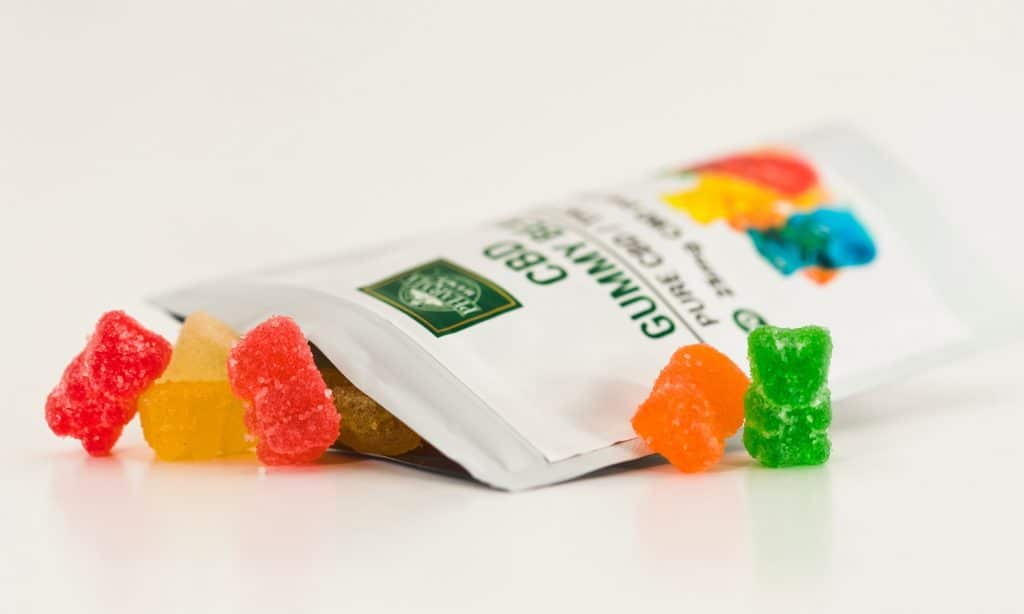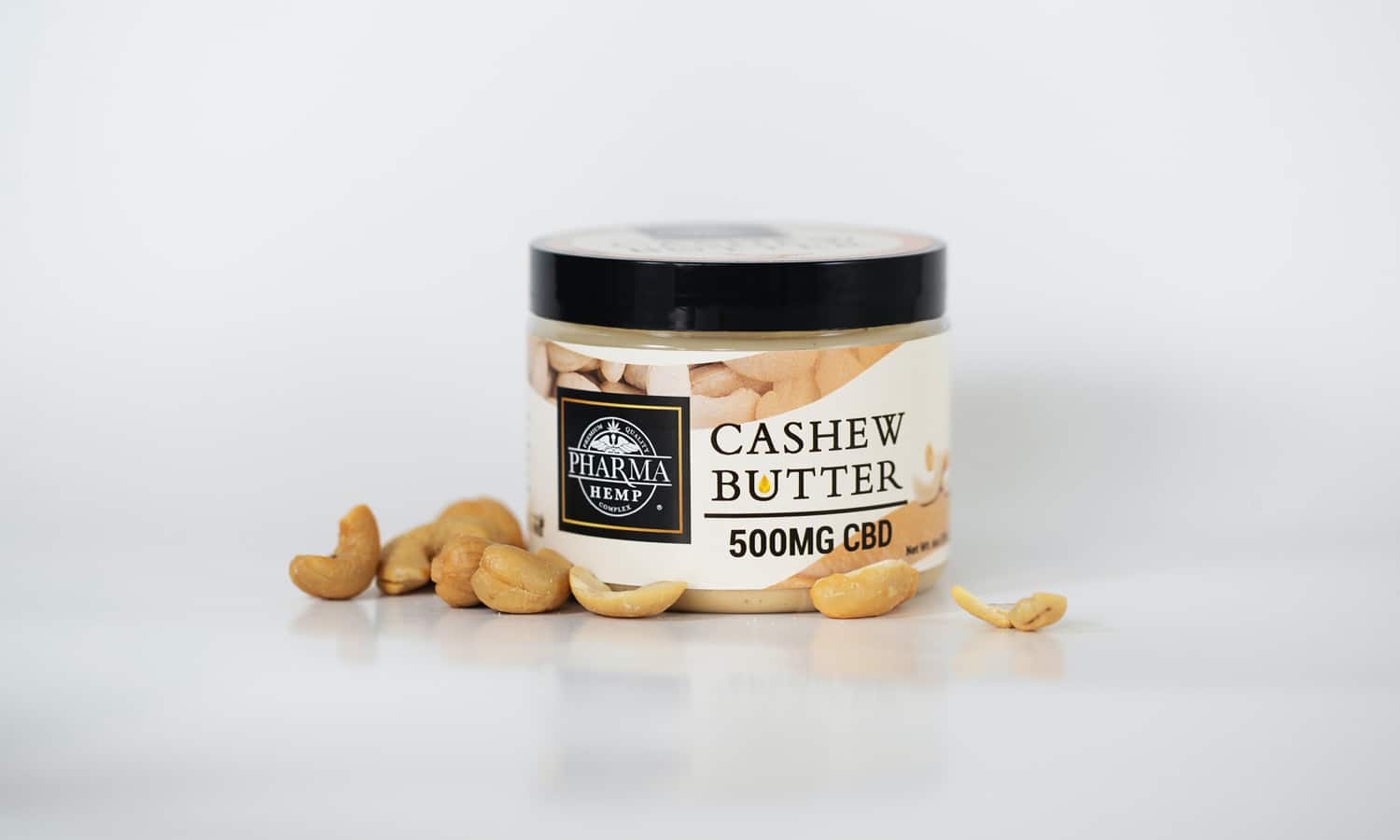Since this only covers novel foods, this may not have an effect on CBD in other kinds of products, such as cosmetics.
The craze for hemp-derived cannabidiol (CBD) extends beyond the United States and into Europe. We’ve written a good amount on the difference between how the European Union (EU) regulates CBD in contrast to the United States, and link to a number of those posts at the bottom of this page. All of that may be put on hold soon as the EU weighs new laws for CBD products.
For some background, the European Foods Safety Authority (“EFSA”) previously classified CBD as a “novel food” ingredient. A “novel food” is “food that was not used for human consumption to a significant degree within the Union before 15 May 1997, irrespective of the dates of accession of the Member States to the Union.” Pursuant to EU regulations, anyone who wishes to sell food containing a “novel food” ingredient must first secure a license from the EFSA.
Guidance issued by the EU on a plethora of various cannabinoids suggested that foods containing hemp-derived cannabinoids (and not just CBD) were considered novel foods because there has been no demonstration that they were consumed prior to the 1997 date. If something is a novel food, then certain regulatory approvals are needed to advance it in the market. Needless to say, it’s a long process.
RELATED: The Sale Of CBD Foods Is Legal In The UK
In mid-July 2020, it was reported (see here and here) that the EU was halting novel food applications for foods containing CBD and is apparently considering designating such CBD-bearing foods as narcotics. And here we were thinking that the United States’ policy on CBD in foods was bizarre.

According to reports, the EU notified all of the approximately 50 CBD novel foods applicants and directed them to provide feedback as to whether the substances should be designated as narcotics. Notably, this only applies to naturally occurring CBD products and an EU spokesperson reportedly noted that applications for products bearing synthetically derived CBD may still proceed. Additionally, since this only covers novel foods, this may not have an effect on CBD in other kinds of products, such as cosmetics.
RELATED: Top 4 Predictions For Hemp And Hemp CBD In 2020
We imagine the EU’s most recent change of position will be met with intense pushback from applicants, and it’s been reported that the European Industrial Hemp Association has been lobbying hard against it. Only time will tell whether the EU tries to label or regulate CBD gummies as narcotics, but in the meantime, let’s just hope the FDA’s highly anticipated regulations don’t go down the same path.
Griffen Thorne is an attorney at Harris Bricken. This article originally appeared on the Canna Law Blog.


